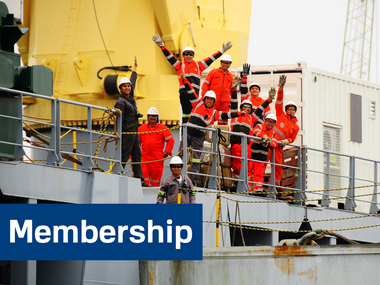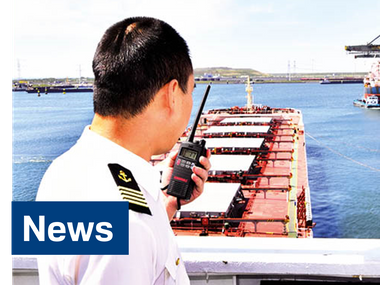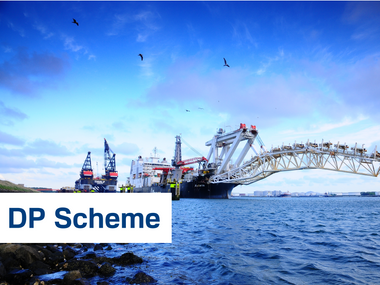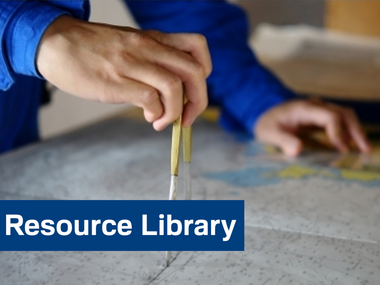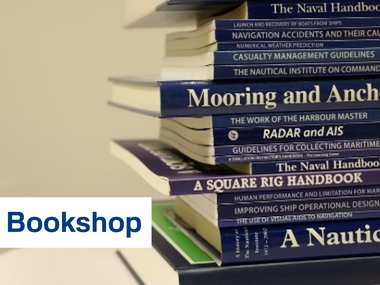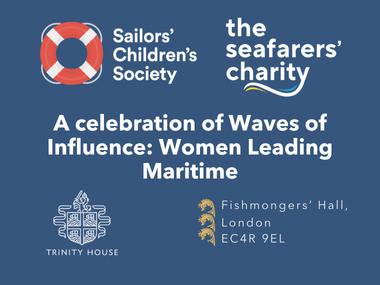The Nautical Institute
The Nautical Institute is an international membership organisation for maritime professionals, working at sea and ashore, and a leading authority in the maritime industry.
We are an educational charity dedicated to promoting the highest standards of professionalism, best practice, competence and safety in the maritime industry by providing professional development opportunities, training, publications and accreditation.
In case you missed it: Navigator Features
Protecting whales from vessel strikes
As mariners, we share the sea with countless marine creatures – yet we often overlook how our vessels impact their lives. As responsible seafarers, this is an issue we can no longer ignore. Captain Aly Elsayed AFNI, from the IWC expert panel on preventing whale strikes, looks at some of the dangers that whales face and how we can help keep them safe.
The NavigatorDealing with restricted visibility - What rule when?
Twenty years ago, The Nautical Institute published a survey that showed that there is often confusion over the sections of the Collision Regulations (Colregs) that apply in restricted visibility. The answer may seem straightforward enough – Rules 4-10, which always apply, plus Rule 19. However, the introduction of modern technology and autonomous vessels has added further layers to the question. The Nautical Institute has recently worked with the UK MCA to update their guidance. Here are some of the key points
The NavigatorWhat is the environmental footprint of a ship?
The Nautical Institute’s Head of Safety and Environment, Captain Jeffrey Parfitt, FNI looks at how our environmental awareness has changed over the years, and what makes up a ship’s environmental footprint, shipyard to scrapyard
The Navigator
Top Viewed Mars Reports
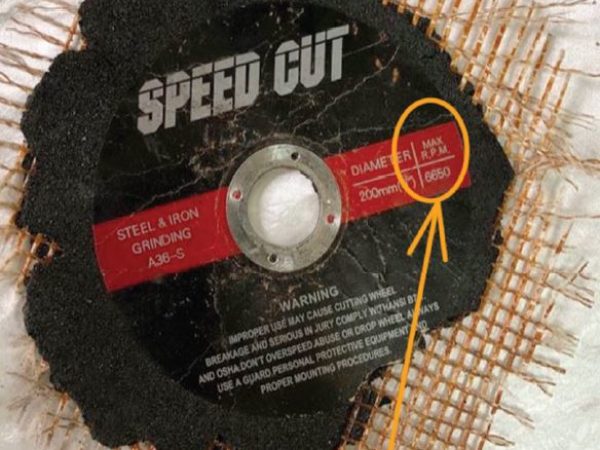
201908 Grinding accident - check your RPMs
A loaded tanker was at anchor awaiting berthing instructions. During the course of the day, routine work was planned in the engine room.
Read now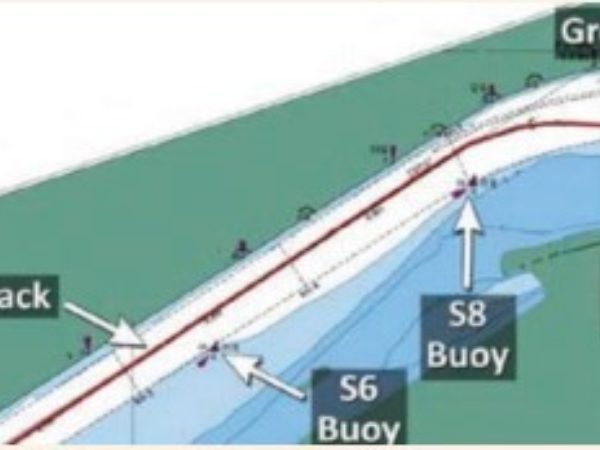
202332- Paltry PPU position predictor
In darkness and with visibility further reduced to about 150m in fog, a container vessel was being brought to a tidal river berth under pilotage.
Read now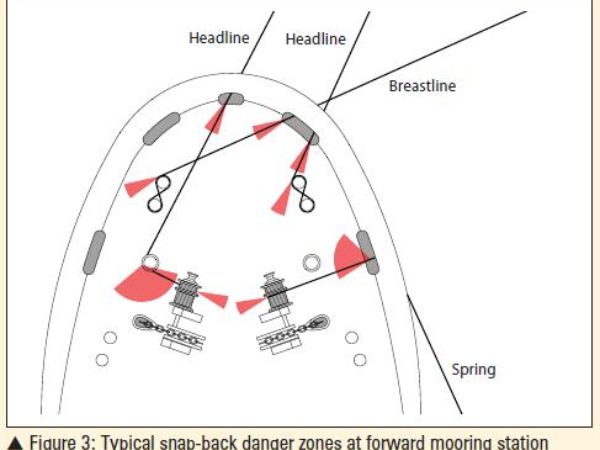
200933 Preventing mooring accidents
Adapted from UK P&I Club's Loss Prevention Bulletin January 2009 Statistical evidence shows that in 53 per cent of all cases of personal injuries arising from mooring incidents, ropes (wire or fibre) have parted under load and personnel within 'snap-back zones' have been hit.
Read now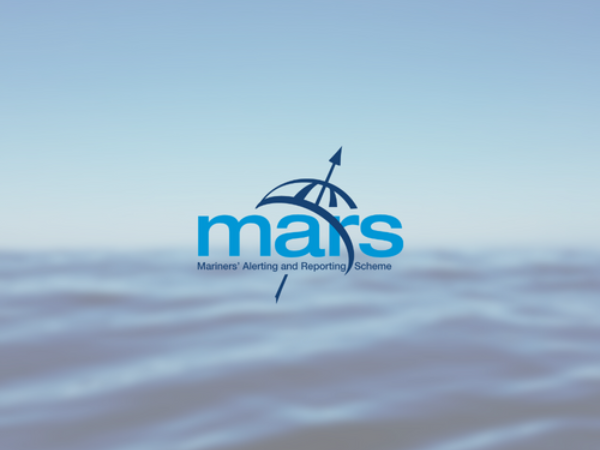
200740 Free-fall lifeboat launch
This report does not arise from an incident but is rather an advisory to ships’ crews who may have to operate free-fall lifeboats.
Read now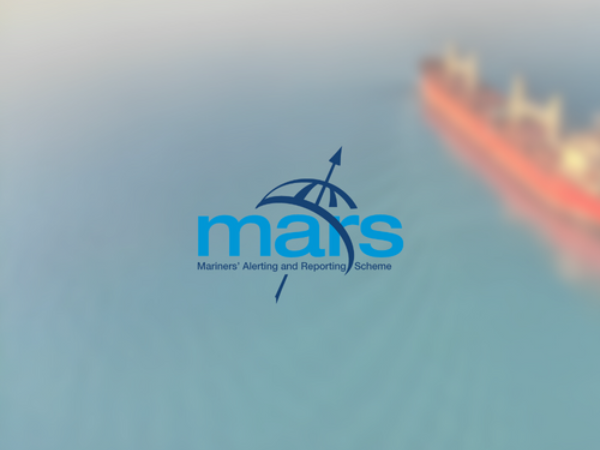
200161 Lifeboat Falls and SOLAS
The manufacturer's instructions on the maintenance of the lifeboat falls stipulate that "the falls shall be turned end for end at intervals of not more than 30 months and be renewed when necessary, due to deterioration of the falls or at intervals of not more than five years, whichever is the earlier".
Read now

